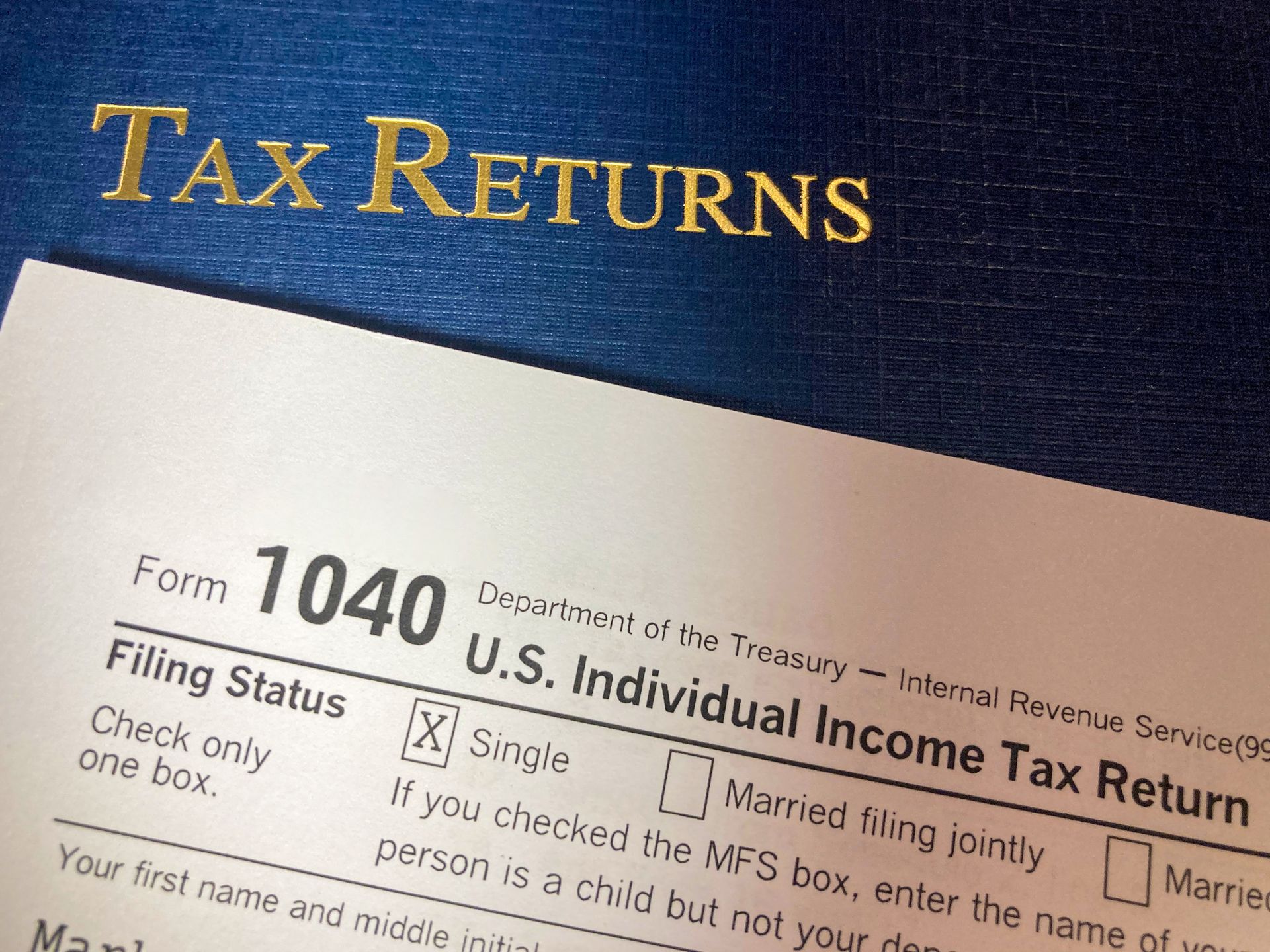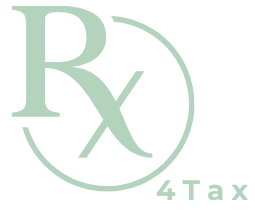Is this Income?
One of the biggest questions pertaining to the PPP loans was, ‘If forgiven, will these loans be counted as income?’
Some amount of time elapsed until we were finally provided with a clear answer to this question. In September 2020, we were informed that PPP loans would not be counted as income on federal tax returns.
Despite being provided with this answer, there are other numerous factors for businesses to consider when taking out a loan. It wasn't quite as simple as just taking out a loan and forgetting about it on the basis that it would be forgiven at some arbitrary date in the future. Take, for example, small businesses that are maintained by a line of credit. To maintain their line of credit, they have to maintain certain conditions which the PPP loans put them outside of. Suppose you were a small business that had $400,000 in debt and a $100,000 line of credit that you needed for operating expenses. In the covenants, the bank issuing that line of credit may have included a line item that said your credit would be inaccessible if your entire debt exceeded $500,000. If you received $100,001 in PPP loans, your debt was now over the threshold.
Furthermore, there was another big issue that few had foreseen in relation to the basis adjustment for the loan that was forgiven. S corps pass through everything to their shareholders. If an S corp makes $100,000, it is reported on a K1 and taken out as a distribution. At the end of the year, your corporate tax return would show $X in profit, and $X went out to shareholders: no gain, no loss. But now there was money that came in from the PPP loan. It wasn’t money that came in as income because it’s not taxable and it wasn’t technically income. But the business that made $100,000 then showed that $125,000 came in. How did they account for that extra $25,000? The only way to balance the books was for the PPP loan to be coded as income so that at the end of the year, $125,000 came in and $125,000 went out. Suddenly, this non-taxable loan appears to be taxable because distributions exceed the basis—even though Congress said it wouldn’t be taxable!
For years to come, these loans designed to save the US economy provided us accountants with ongoing headaches. Several more accounting-headache causing issues will be considered in the following month’s blogs.











